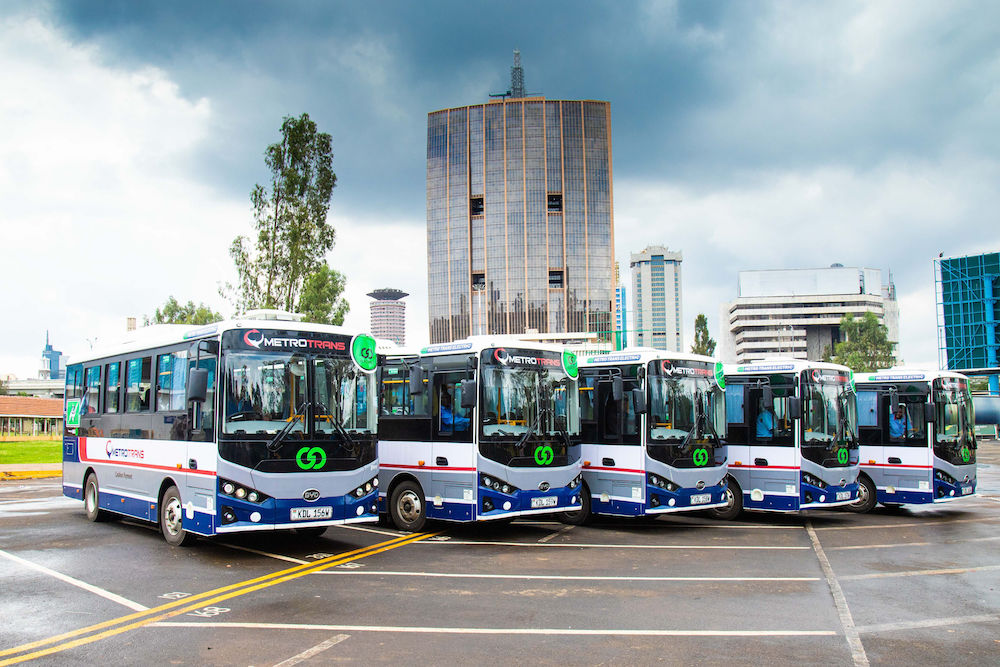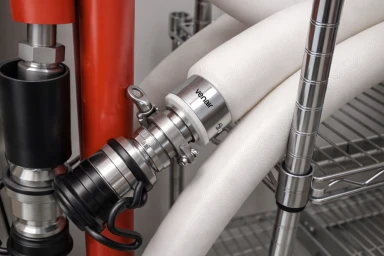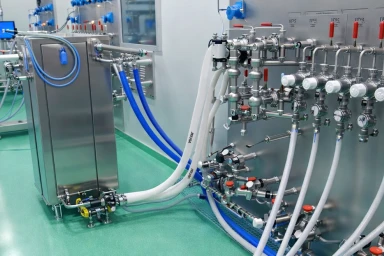Electric buses will become more cost-effective than Internal Combustion Engine buses

The transportation sector is undergoing a transformation as the world collectively strives to reduce its carbon footprint and combat climate change. Electric vehicles (EVs) have emerged as a promising solution, not only for personal cars but also for public transportation systems. Among the emerging trends, electric buses have gained considerable attention for their potential to revolutionize urban mobility.
This article delves into the viability and future prospects of electric buses, focusing on their role in the transition to sustainable transportation and their economic benefits compared to conventional fossil-fuelled buses.
Rising Demand for Sustainable Transportation
The urgency to address environmental concerns and reduce greenhouse gas emissions has prompted cities and regions worldwide to explore sustainable transportation alternatives. Electric buses offer a significant advantage in this regard, as they produce zero tailpipe emissions, helping to improve air quality in urban areas. Governments and municipalities are acknowledging the importance of transitioning their public transportation fleets to electric alternatives.

Electric Buses on the Horizon
The commitment to electrify public transportation is evident in initiatives like those in California, New York City, and Seattle. These urban centres have set ambitious goals to transition their fleets to zero-emission vehicles. Notably, it has been projected that by 2045, electric buses will power up to 33% of all transit buses in the United States. This drive aligns with global efforts to reduce carbon emissions and foster more sustainable cities.
Economic Considerations: Cost and Savings
While the initial upfront cost of electric buses remains a hurdle, a closer examination reveals a promising economic case for their adoption. While electric buses are currently priced higher than their fossil-fuelled counterparts, they offer long-term financial benefits that offset the initial investment.

Comparatively, a diesel transit bus comes with an average price tag of $500,000, while an electric bus costs around $750,000. Similarly, diesel school buses are priced at approximately $110,000, while electric school buses are valued at around $230,000. Despite the apparent cost disparity, the total cost of ownership over the vehicle's lifetime tells a different story.
The Economic Advantage of Electric buses
Over the course of its lifespan, an electric bus can lead to substantial savings. According to data from New Flyer, a prominent bus manufacturer, an electric bus could save $400,000 in fuel expenses and averted maintenance costs of $125,000. This is a result of their energy efficiency and reduced need for maintenance compared to traditional buses.
Proterra, another leading bus manufacturer, estimates that electric buses can yield annual fuel and maintenance savings of up to $50,000 when compared to fossil fuel-powered buses. Such savings could potentially lead to a payback period of around five years. These cost advantages stem from the simpler design of electric buses – they have fewer parts, no exhaust system, longer-lasting braking systems, and no need for oil changes.
Environmental Impact and Sustainability
Beyond the economic benefits, electric buses contribute significantly to the reduction of greenhouse gas emissions and air pollutants. By eliminating tailpipe emissions, electric buses play a crucial role in combating air pollution and improving the quality of life for city dwellers. Additionally, the integration of renewable energy sources into the electric grid can further enhance the environmental benefits of electric bus operations.

Conclusion
The trajectory of electric buses is undeniably promising, as cities and regions worldwide prioritize sustainable transportation solutions. While the initial costs may present a challenge, the long-term economic benefits, combined with environmental advantages, make electric buses an essential component of the clean transportation future. Initiatives like those in California, New York City, and Seattle set the stage for a broader transformation, pointing towards a future where electric buses are not only the norm but also a catalyst for greener, more sustainable urban landscapes.






